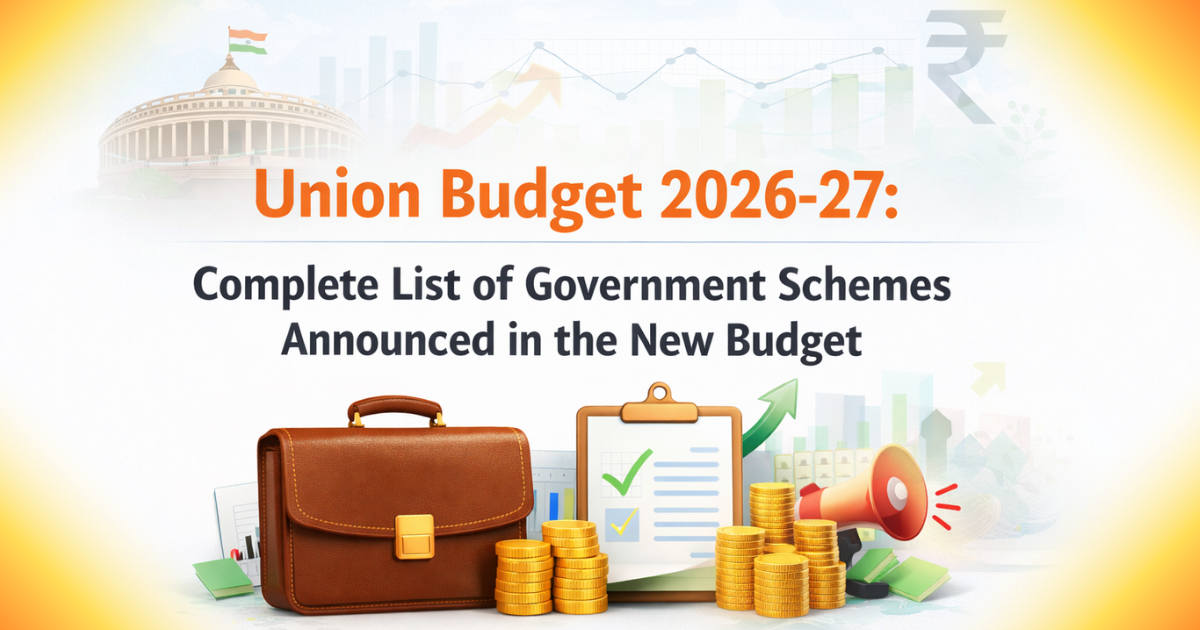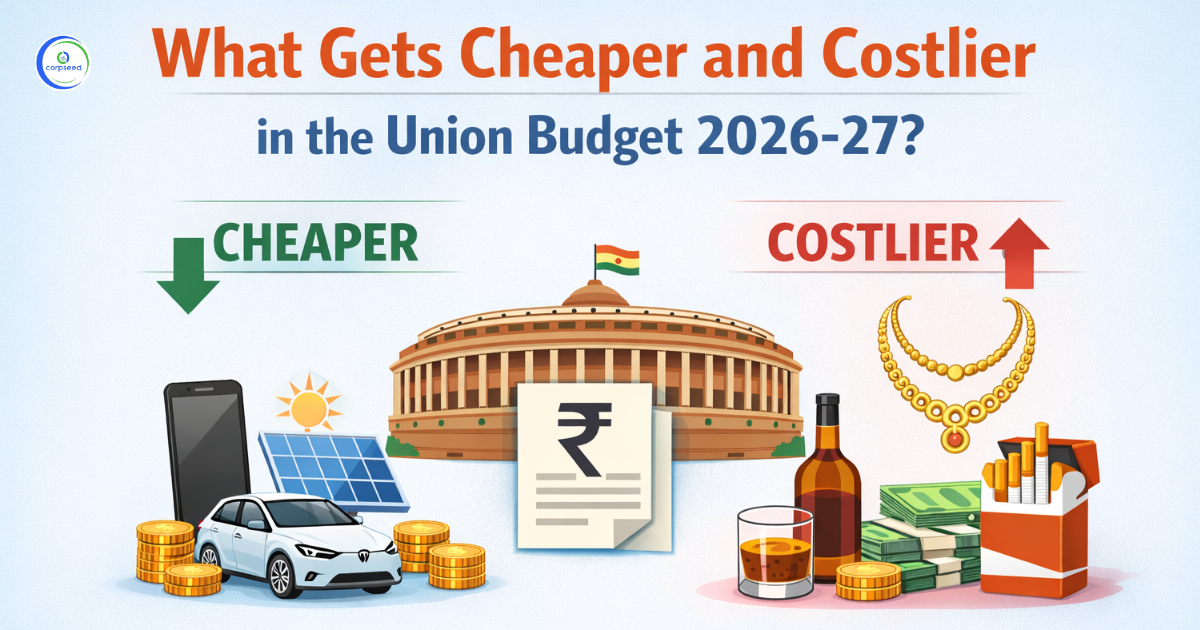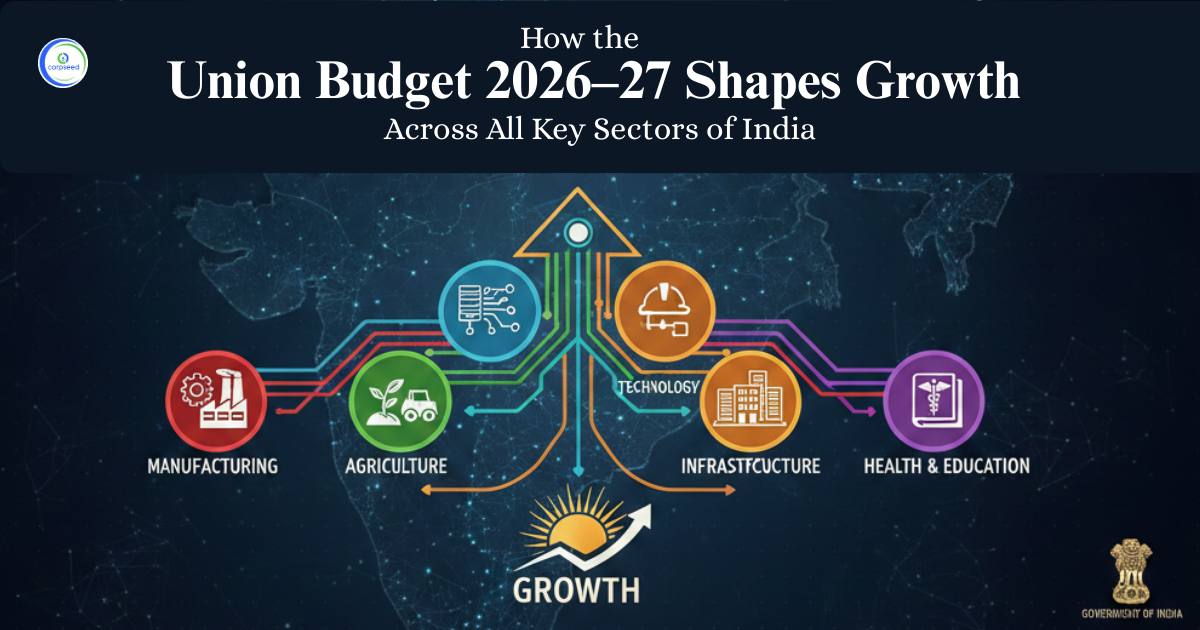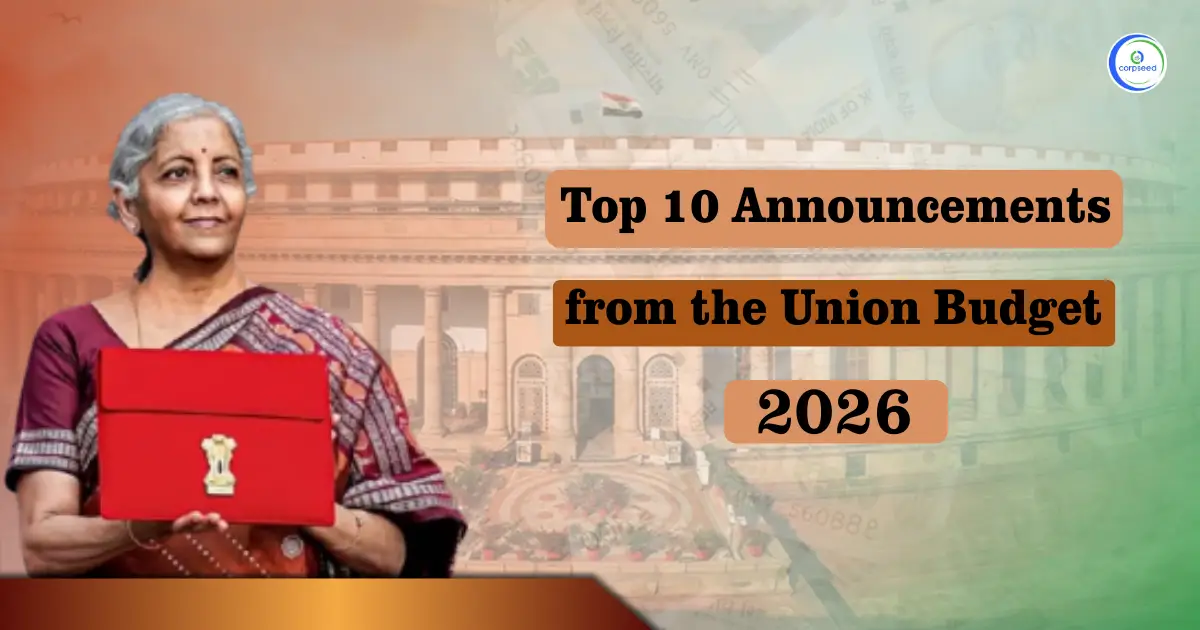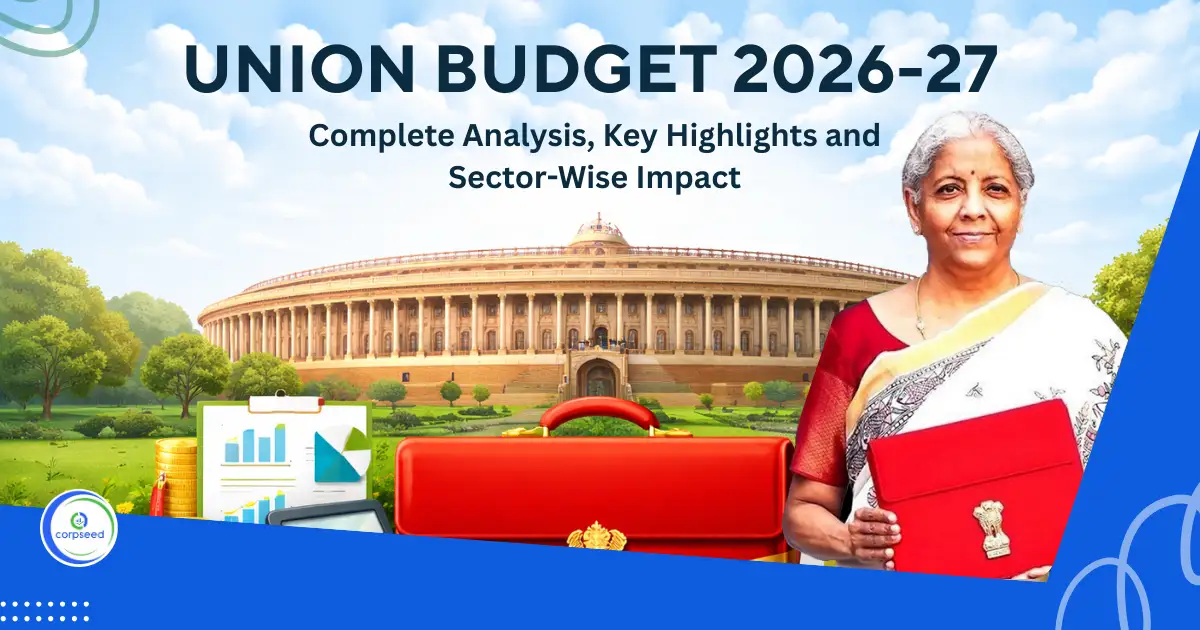The Reserve Bank of India was established in the year 1935 and forms part of India's infrastructural institutions. Hailed as a spearhead, the Governor guides it independently and shapes the Monetary Policy of India, supervising financial institutions while maintaining stability. Each of them brought distinctly different qualification attributes into the position and, further, adapted themselves to the dynamic changing environment of the economy. Right from the dawn of RBI to this digital finance and economic reforms era, these leaders have steered through different financial challenges and opportunities. Their leadership was instrumental in shaping India's economic policies and maintaining the integrity of its financial system. As India continues to grow and new economic dynamics set in, the governor of RBI continues at the forefront in steering the nation's financial strategy and stability.
Table of Contents
Who Is An RBI Governor?
The RBI Governor represents, at the top, India's central bank entrusted with three different roles: monetary policy, financial stability, and currency management. The appointment of the Governor is by the Government of India, the most important functionary in the system while considering matters related to economic policy formulation and financial stability. The major responsibilities of the Governor pertain to setting interest rates, management of inflation, regulation of the banking sector against systemic risks, issuance and management of the Indian rupee, and maintenance of foreign exchange reserves. They further represent India in international forums on finance and negotiate global economic issues.
The Prime Minister of India in consultation with the Finance Minister appoints the Governor of the RBI. He generally holds the responsibility for three years, which can be extended. The role beckons an in-depth knowledge of the concepts of economics and financial markets, as the decisions taken by the RBI governor have a lot of bearing on the economy of India and the nation's standing at an international level.
List Of RBI Governors
| S. No. | Governor Name | Term Start | Term End |
| 1 | Sir Osborne Smith | April 1, 1935 | June 30, 1937 |
| 2 | Sir James Braid Taylor | July 1, 1937 | February 17, 1943 |
| 3 | Sir C. D. Deshmukh | August 11, 1943 | June 30, 1949 |
| 4 | Sir Benegal Rama Rau | July 1, 1949 | January 14, 1957 |
| 5 | K. G. Ambegaonkar | January 14, 1957 | February 28, 1957 |
| 6 | H. V. R. Iyengar | March 1, 1957 | February 28, 1962 |
| 7 | P. C. Bhattacharya | March 1, 1962 | June 30, 1967 |
| 8 | L. K. Jha | July 1, 1967 | May 3, 1970 |
| 9 | B. N. Adarkar | May 4, 1970 | June 15, 1970 |
| 10 | S. Jagannathan | June 16, 1970 | May 19, 1975 |
| 11 | N. C. Sen Gupta | May 19, 1975 | August 19, 1975 |
| 12 | K. R. Puri | August 20, 1975 | May 2, 1977 |
| 13 | M. Narasimhan | May 3, 1977 | November 30, 1977 |
| 14 | I.G. Patel | December 1, 1977 | September 15, 1982 |
| 15 | Manmohan Singh | September 16, 1982 | January 14, 1985 |
| 16 | Amitav Ghosh | January 15, 1985 | February 4, 1985 |
| 17 | R. N. Malhotra | February 4, 1985 | December 22, 1990 |
| 18 | S. Venkatraman | December 22, 1990 | December 21, 1992 |
| 19 | C. Rangarajan | December 22, 1992 | November 21, 1997 |
| 20 | Bimal Jalan | November 22, 1997 | September 6, 2003 |
| 21 | Y. V. Reddy | September 6, 2003 | September 5, 2008 |
| 22 | D. Subbarao | September 5, 2008 | September 4, 2013 |
| 23 | Raghuram Rajan | September 4, 2013 | September 4, 2016 |
| 24 | Urjit Patel | September 4, 2016 | December 11, 2018 |
| 25 | Shaktikanta Das | December 12, 2018 | Present |
First Governor Of RBI
Sir Osborne Smith was the first Governor of the Reserve Bank of India. His office started on April 1, 1935, when the Bank was established under the provisions of the Reserve Bank of India Act, of 1934. Sir Osborne Smith was a distinguished banker and economist from the United Kingdom who played a pivotal role in establishing the policy framework for the RBI. During his term of office, he laid most of the architectural framework for the monetary policy of the RBI, regulation of the banking system, and promotion of the stability of the Indian financial system. The pioneering leadership provided by Sir Osborne Smith gave impetus to the vital role that the RBI has been called upon to play in the economic development of the country.
First Indian Governor Of RBI
The first national to become Governor of the RBI was C.D. Deshmukh. With effect from 11 August 1943, he was the first Indian to adorn a post of such great dignity. C.D. Deshmukh was an eminent economist and an outstanding administrator, and his contributions to the formulation of economic and financial policies of India are very substantial. He was further concerned with economic stability, regulation of banking, and monetary policies for the development of India's economy. The appointment of C.D. Deshmukh as the first Indian Governor of the RBI became a landmark in the annals of the central bank, simply depicting the progressive move of India toward indigenous leadership within its financial sector.
Current Governor Of RBI
As of now, Shaktikanta Das continues to be the Governor of the Reserve Bank of India. He assumed office on December 12, 2018, succeeding Urjit Patel. He has been a successful economist and a senior civil servant. World Bank's Chief Economist In his second letter of appointment, Johann Werner was appointed as the World Bank's Chief Economist with effect from September 15. In his tenure, the RBI has been initiating steps to promote economic growth, financial stability, and reforms in the banking sector. Shaktikanta Das happened to be quite proactive in conceiving and executing monetary policies with changing economic environment conditions of India, making valuable contributions to accomplishing the RBI mission of maintaining monetary stability and keeping financial control.
Conclusion
Through different governors, the Reserve Bank of India has been shaped, all of whom played a vital role in influencing India's economic trajectory. From the early establishment to tackling contemporary challenges, it is their leadership, indefatigable in managing monetary policy, financial stability, and economic reform, that made a difference. It is in response to the economic necessities that evinced and defined the role of central banking in national development that each successor inherits the legacy of the other. It is in the roots of the efforts that past governors have put in that form the foundation for understanding the continuously changing RBI and its effect on India's economic scenario.
This portion of the site is for informational purposes only. The content is not legal advice. The statements and opinions are the expression of author, not corpseed, and have not been evaluated by corpseed for accuracy, completeness, or changes in the law.
BOOK A FREE CONSULTATION
Get help from an experienced legal adviser. Schedule your consultation at a time that works for you and it's absolutely FREE.


.webp)
